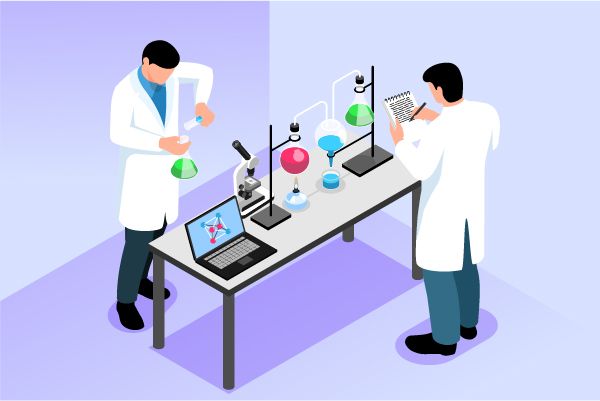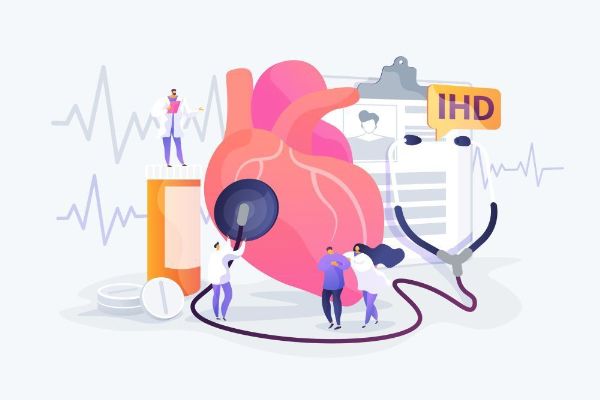Can dietary supplements and drugs be safely combined?
The combination of dietary supplements and drugs should be approached with caution, as interactions between them can affect the efficacy and safety of both substances. Some supplements may interfere with the absorption, metabolism, or excretion of drugs, potentially leading to unexpected effects or adverse reactions. It's essential to consult with a healthcare professional before combining dietary supplements with medications. Here are some considerations:
1.Interaction Risks:
Certain supplements may interact with drugs, affecting their absorption, metabolism, or elimination from the body.
For example, vitamin K-rich supplements can interfere with anticoagulant medications, and calcium supplements may reduce the absorption of certain antibiotics.
2.Effectiveness of Medications:
Some supplements may enhance or diminish the effectiveness of medications. This can impact the therapeutic outcome and potentially lead to treatment failure or reduced benefits.
3.Risk of Adverse Reactions:
Combining supplements and drugs increases the risk of adverse reactions or side effects. For instance, taking certain herbal supplements alongside medications may lead to an increased risk of bleeding or liver toxicity.
4.Nutrient Competitions:
Certain minerals, such as calcium, magnesium, and iron, can compete for absorption with specific drugs. This competition may lead to reduced absorption of either the drug or the nutrient.
5.Individual Variability:
Individual responses to drug and supplement interactions can vary. Factors such as age, genetics, overall health, and the specific drugs and supplements involved can influence the outcome.
6.Communication with Healthcare Providers:
It is crucial to inform healthcare providers about all supplements and medications being taken, including over-the-counter products and herbal supplements. This allows healthcare professionals to assess potential interactions and adjust treatment plans accordingly.
7.Monitoring and Adjustments:
Regular monitoring of health parameters and drug levels may be necessary when combining supplements with medications. Healthcare providers can make adjustments to the treatment plan based on individual responses.
8.Professional Guidance:
Seek guidance from healthcare professionals, such as doctors, pharmacists, or registered dietitians, who can provide personalized advice based on individual health status and medication regimens.
In summary, while some combinations of dietary supplements and drugs may be safe, the potential for interactions exists and must be considered on a case-by-case basis. Healthcare professionals play a crucial role in assessing these interactions and guiding individuals on safe practices for combining supplements with medications. It is important to prioritize open communication with healthcare providers to ensure the best and safest outcomes for individual health.




